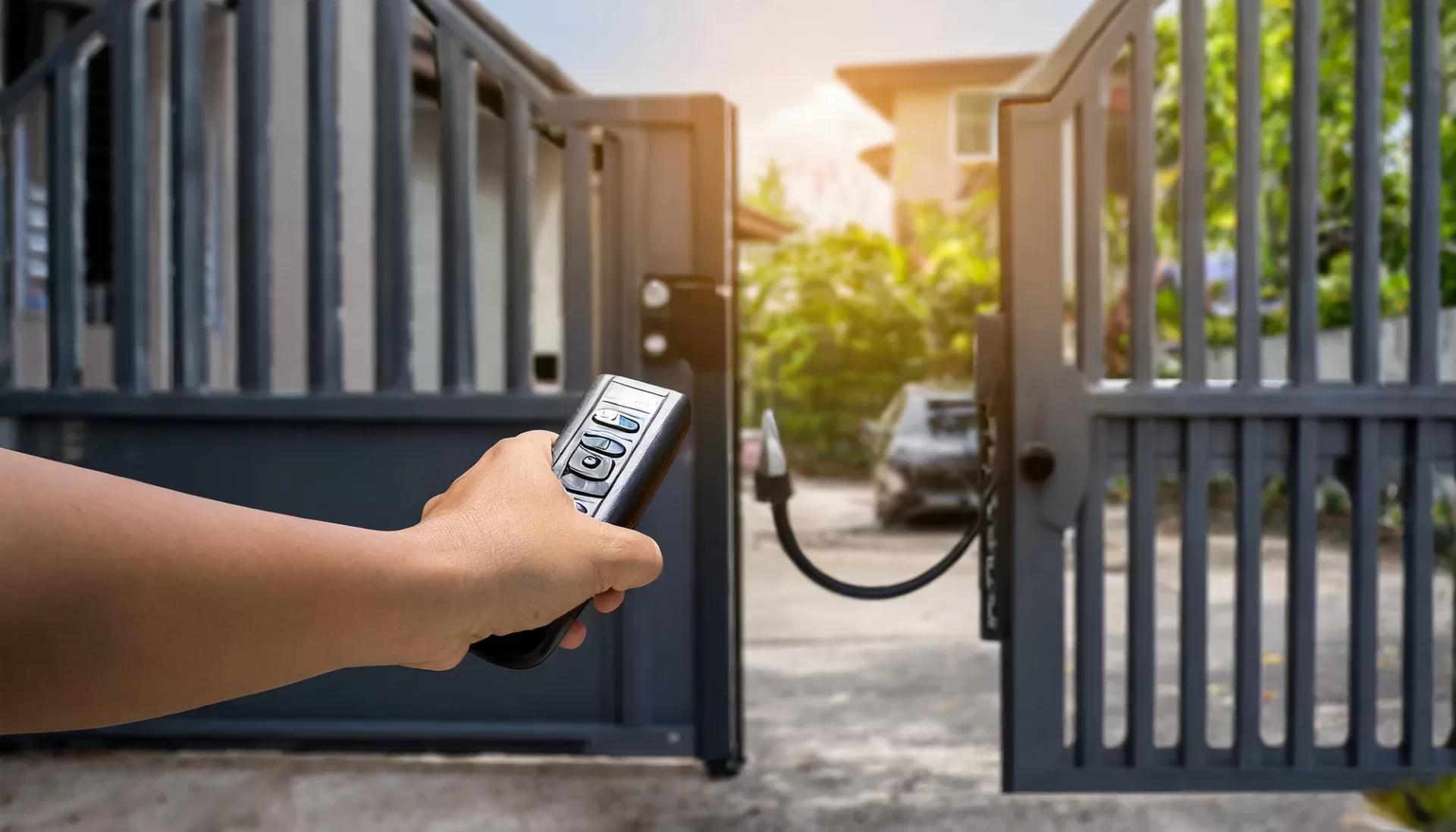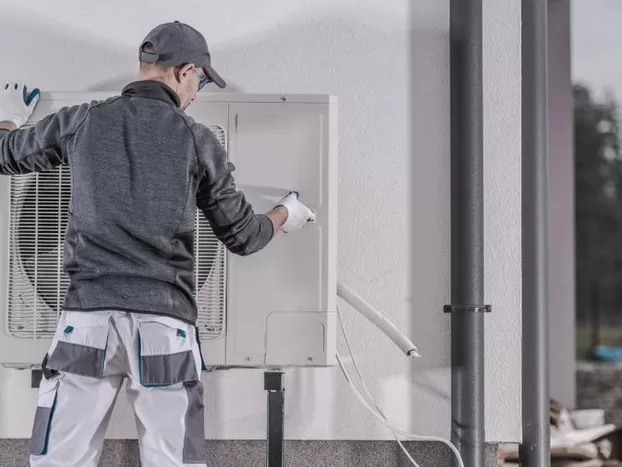 Image Source: Unsplash
Image Source: Unsplash
To nobody’s surprise, selling a house comes with lots of speed bumps and barriers blocking your journey. Many things get in the way – some of these are obvious, while others hide in the shadows and only become apparent at the worst possible time.
Today’s post will focus on one aspect of selling a home that always causes confusion: can you sell your property if someone else is on the deed? More often than not, that “someone” will be an ex-spouse or partner who no longer lives with you. What happens in a situation like this – and can you sell your property without any issues if you’re also on the deed?
Let’s dive into this situation…
You Can’t Sell The Home Without Their Permission
The short answer to the question “Can you sell a house with an ex-partner on the deed?” is yes…but you need their permission. You can’t get your house ready for the market and sell it unless everyone else on the deed agrees to the sale. Being on the deed means your ex-partner technically has legal ownership of the house. If you sell it without them knowing, then it will likely result in some legal battles that won’t go in your favor.
However, if you contact them and they agree to sell your home, then you can go ahead and list it. The caveat here is that you will need to give them a portion of the sale. How much will that be? It depends on all sorts of legal proceedings that happened when you signed the deed and bought the home. In general, if you are both listed as joint owners, then you have a 50/50 share in the home – regardless of how much was paid by both parties.
As a result, if you sell the home with their permission, they are legally entitled to half of the money.
What Can You Do If Your Ex-Partner Doesn’t Agree To Sell?
You’d like to hope that an ex-partner would agree to sell your home, especially if they no longer live there. If they live elsewhere, then they’ve got no interest in the property sticking around – they’ll probably beg you to sell it so they can pocket some money.
Nevertheless, we don’t live in an ideal world. Ex-partners can make things complicated, which means they may not agree to sell the home you both technically own. There are three main things you can do in this situation:
- Buyout your ex-partner’s share
- Transfer ownership to yourself
- Take the matter to court
In some cases, you can negotiate with your partner to buy out their share of the property. This will involve getting a property valuation to see how much it’s worth. Then, based on how much your ex owns (again, probably 50/50), you can pay them a portion to claim full ownership of the house. This will let you sell the home and take all of the money. Obviously, there’s one big issue here: you’d need enough money to pay your ex-partner. If you can manage this, then it may be beneficial to try, as it would mean you could pay them half of what your property is worth now and then work on boosting the property’s value to sell it for even more money and bag a sneaky profit.
The middle option is the absolute dream scenario: you transfer full ownership of the home to you and you only. This will require your ex-partner to sign a quitclaim deed to legally remove themself from the deed and leave the home in your name. Why would an ex do this? Perhaps you’re on good terms and they realize that you bought the house with all of your money while they didn’t pay a penny. It’s quite rare to enter a situation like this, but it’s worth noting in case you can make it happen.
Finally, you could take the whole matter to court. This is the last thing you want to do because court cases can take ages and cost a lot of money. It’s definitely a “last resort” for when nothing else works. Your main goal with the court case is to force sole ownership to you. It won’t be easy, but if nothing else works and you desperately want to sell the house, then that’s all you can try.
Can You Sell If Your Ex-Partner Isn’t On The Deed?
This is a common question, mainly because you assume the answer is a simple yes. Like almost every aspect of selling a home, there are complications to be aware of in this specific situation.
It all depends on whether you and your ex-partner were/are married. If you have sole ownership of the home and are the only name on the deed, then you can sell it whenever you like without consulting your ex – but only if the home isn’t a marital asset.
When your home is considered a marital asset, your ex can technically make a legal claim for it – or, more likely, any money from the home’s sale. All of this will be discussed when you legally divorce or separate. You could also draw in things like prenups that complicate things further. If you signed a prenup when you got married, then it may mean your partner can’t claim the home even if you’re divorced, and it’s a marital asset.
Yes, it gets very confusing! The bottom line is that you can’t sell without giving money to your partner if it’s a marital asset – unless there’s a prenup in place. Hopefully, that makes a bit more sense.
Conclusion
So, to sum everything up, you can technically sell a house with an ex on the deed – but only with their permission. If you don’t have their permission, you’ll need to either remove them from the deed or buy out their share in the property. In an ideal world, none of this will be a problem and your ex will agree to sell your home so you can both walk away with some money.











